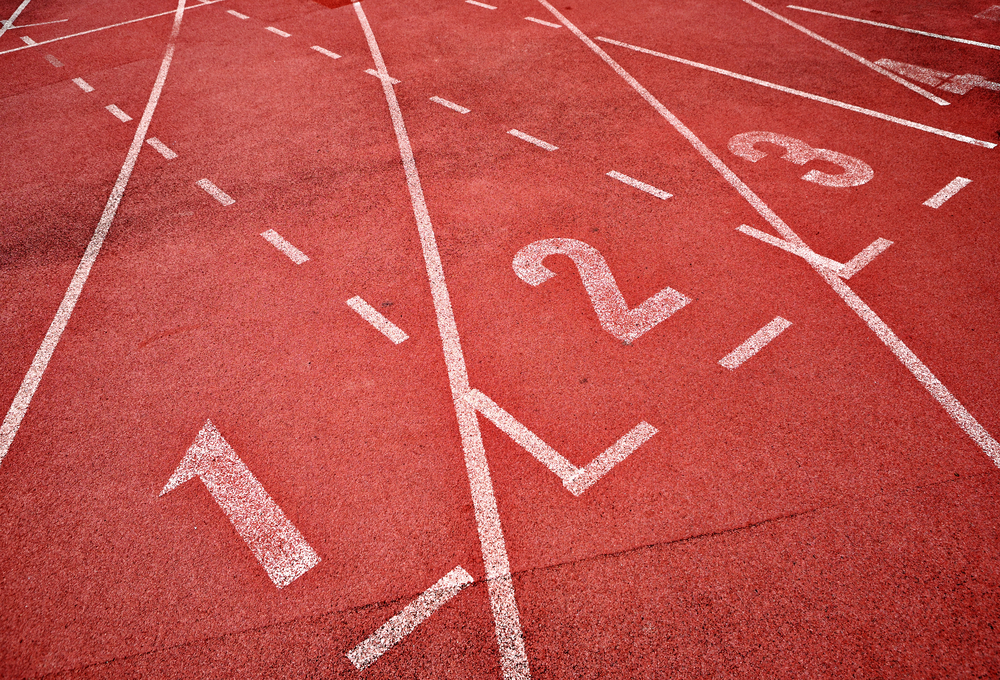A good sleep schedule is important for anyone, especially student-athletes. Student-athletes are constantly faced with tiring demands between keeping up with schoolwork, practices, workouts and performing their best at games, all while trying to maintain a somewhat normal social life. Therefore, getting proper sleep is critical for student-athletes. The Sports Science Institute of the National Collegiate Athletic Association (NCAA) explains that sleep is not just a passive state of rest, but an active state that helps our bodies rebuild, repair, regenerate and reorganize. This aspect of sleep is how athletes can keep their bodies and minds healthy while facing high physical and mental challenges.
The excerpt Mind, Body and Sport: Sleeping disorders from the NCAA explains more of what athletes’ sleep is affected by the most. The main barriers to an athlete getting proper sleep are stress and time. Time seems to be packed and chaotic most days for an athlete. In college, student-athletes are having to keep up with the timing of games, practices, travel and workouts while managing their conflicts with classes or social time. With the extra time demands on an athlete, they can easily become stressed and lose sleep opportunities. In fact, a NCAA study reports that one-third of student athletes get fewer than seven hours of sleep a night.
Proper sleep benefits athletes overall. More specifically, getting enough sleep will help improve an athlete’s performance and maintain stress levels. As a current student-athlete, I have personally experienced the stress of playing a sport in college. I have been an athlete at my university for three years now, and I am still learning how to manage the stress of it and keeping positive sleep habits. I can tell you, it’s not easy. It always seems like I have something to do. Class work continues to increase as the semester progresses while my sport requires me to be at something at least four to five times a week. Not to mention those “somethings” my sport has me at, are always physically demanding. I am constantly being pulled in different directions and the continuous running around often creates stress. It all takes a toll on my body and mind. This also leaves a lot of room for my sleep schedule to suffer.
Stress impacts sleep in many ways. The article Sleep and Mood with Harvard Medical Department, helps explain how stress can affect sleep. Stress often makes the body aroused and alert. Since stress has this effect on the body, it makes it more difficult for a person to wind down and be able to truly rest. Sleep problems are more prone to happen for anyone under increased amounts of stress, especially student-athletes.
One of the best ways an athlete can combat the demands of playing a sport in college is to create positive daily habits. Having good daily habits or a routine will help make the busy schedule seem manageable and lessen stress levels by using time effectively. Below is a list of ideas or practices that I have personally used or seen teammates use to help balance everything as a student-athlete.
- Write your schedule and assignments in a weekly planner.
- Break down working on large assignments into multiple days.
- Spend at least 30 minutes a day practicing self-care.
- Taking a long shower
- Journaling
- Reading
- Watching your favorite show
- Take time to decompress before trying to fall asleep.
- Find a support system in counselors, family, friends or etc.
The list could go on and on, but these are five things that have made a direct impact on me and have allowed me to decrease stress or time management issues in my life here at school. These practices have also helped me get better sleep because I don’t have this constant stress or busy schedule that weighs me down.
Being a student-athlete presents many challenges, such as the stress mentioned before, that impact many aspects of a person’s life. Being able to manage stress levels will only help when trying to get good sleep. In turn, being able to get good sleep will help athletes face the physical and mental stressors the next day, week or season will present.
Sleep doesn’t just have physical effects on athletes but it also has mental effects. By having better sleeping patterns you can improve performance, mental strength, consistency, reduce the risk of injuries and fatigue. Whether you’re competing at the highest level or just playing for fun, the importance of sleep is unmatched.
Alaska Sleep Clinic is one of the only sleep clinics in Alaska with a Pediatric Medical Director. We take your child’s sleep seriously and are ready to help you diagnose and treat their sleep issues.
The great news is that when sleep apnea is discovered and treated correctly in someone 18 and under, the probability is high that they will grow out of the issue and have fantastic sleep the rest of their life.









